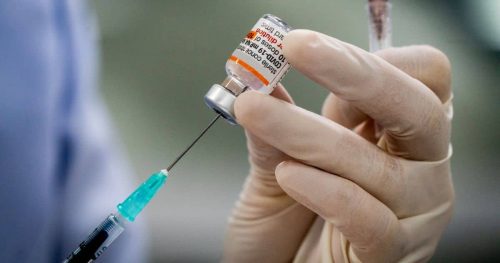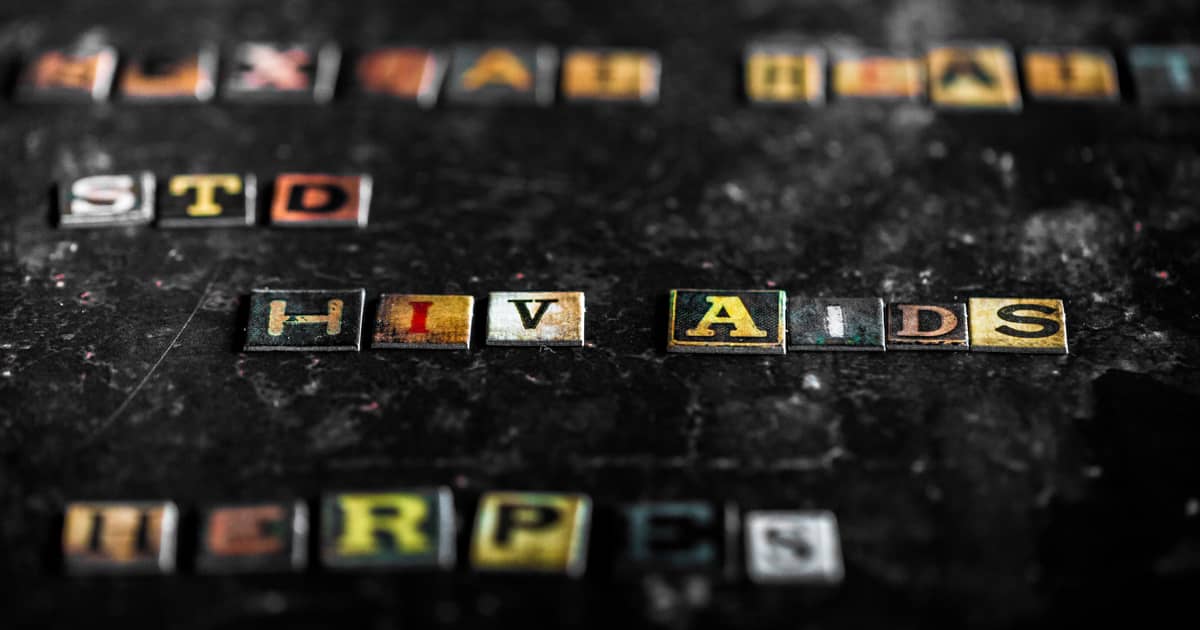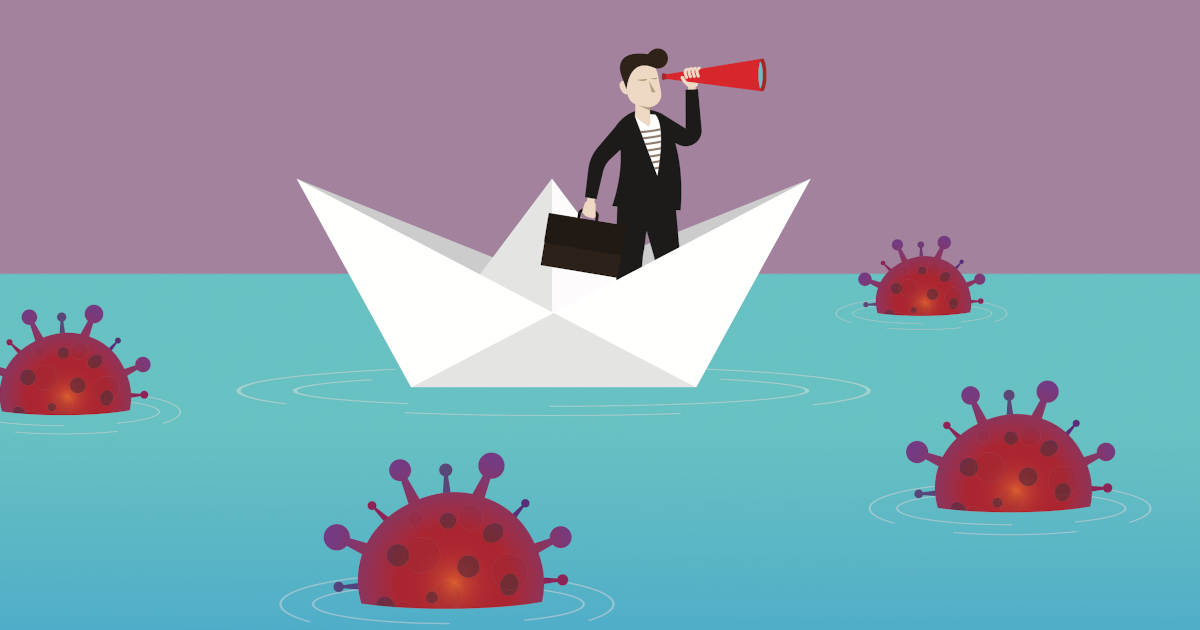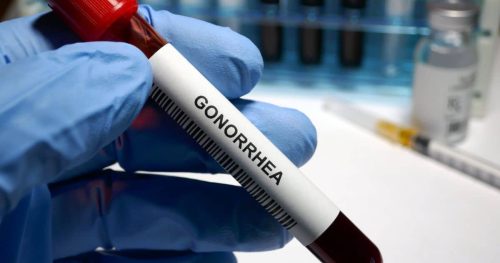Having an STD is still considered shameful in Singapore, which is why many people who experience symptoms don’t seek testing and treatment. They hope an STD would resolve on its own. Unfortunately, such wishful thinking can have some very dire health consequences.
Continue readingCan You Get STDs from a Swimming Pool and Other Common Questions Answered
While STDs are incredibly common as per some of the latest statistics, there are still many questions and misconceptions about sexually transmitted conditions. Can you get an STD in a swimming pool? Or in a public restroom? Here are some of the important facts everybody needs to be aware of.
Continue readingAre Covid-19 Vaccines Effective in HIV-Positive Individuals?
Current guidelines suggest that HIV-positive individuals should get a Covid-19 shot as they’re considered a group at a higher risk of complications. A new study confirms these recommendations. The extensive trial shows that in most HIV patients, the Covid-19 shot is as effective as among healthy controls.
Continue readingHow Taking Antibiotics Can Ward Off 3 Common STDs
A recent study indicates the benefit of taking doxycycline within 72 hours after condomless sex. A trial involving 544 men who have sex with men (MSM), transgender women and “gender diverse” folks proved that taking the drug may reduce the probability of being diagnosed with bacterial STIs by 62% to 66%. In this article, we detailed what the study finds and rising concerns after the study was presented at the 24th International AIDS Conference.
Continue readingIs HPV the Sole Risk Factor of Penile Cancer?
Mostly associated with women and cervical cancers, HPV is an STD that also causes penile cancer in men. However, not limited to HPV, there are so many risk factors that lead to penile cancer such as age, weakened immune systems, phimosis as well as particular treatment. In this article, we explored the risk factors of penile cancer and what we can do to lower the risks of developing it.
Continue readingCan the World End Social Inequalities Fuelling the HIV Pandemic?
Social injustices and difficult access to adequate health services have caused an increase in the new HIV infection rates across various parts of the world. The tendency is troubling and it makes the world wonder whether ending the HIV pandemic by 2030 is a viable goal.
Continue readingSyphilis, Gonorrhoea and Chlamydia on the Rise, Out of Control Situation Across the Globe
Over the course of the Covid-19 pandemic, health authorities from many parts of the world registered a sharp increase in the rate of new STD cases. Most infections involved conditions like syphilis, chlamydia and gonorrhoea. And while the numbers are alarming, there are readily available prevention choices.
Continue readingOldest Patient Effectively ‘Cured’ of HIV Through Stem Cell Transplant
Women and men’s anatomy make them react to and get affected by STDs differently. The CDC stated that women are at a heightened risk of contracting STDs compared to men. Several ways in which men and women are impacted differently by STDs include the emergence of symptoms, alertness when it comes to detecting symptoms and the long term effects of STDs. In this article, discover in what ways STDs affect both sexes differently.
Continue readingHow STDs Impact Men and Women Differently
Women and men’s anatomy make them react to and get affected by STDs differently. The CDC stated that women are at a heightened risk of contracting STDs compared to men. Several ways in which men and women are impacted differently by STDs include the emergence of symptoms, alertness when it comes to detecting symptoms and the long term effects of STDs. In this article, discover in what ways STDs affect both sexes differently.
Continue readingGonorrhoea’s Resistance to Several Types of Antibiotics
One too many times, we have heard that gonorrhea is curable with the consumption of antibiotics. However, the time when antimicrobial medicines started to be used is also the time antimicrobial resistance (AMR) also emerged. In the last 80 years, the bacterium that causes gonorrhea has developed resistance to a number of antibiotics: tetracyclines, macrolides (including azithromycin), sulphonamides, trimethoprim combinations as well as penicillin. In this article, find out what is causing this and what actions are taken by WHO to better the situation and reduce gonorrhea cases.
Continue reading









